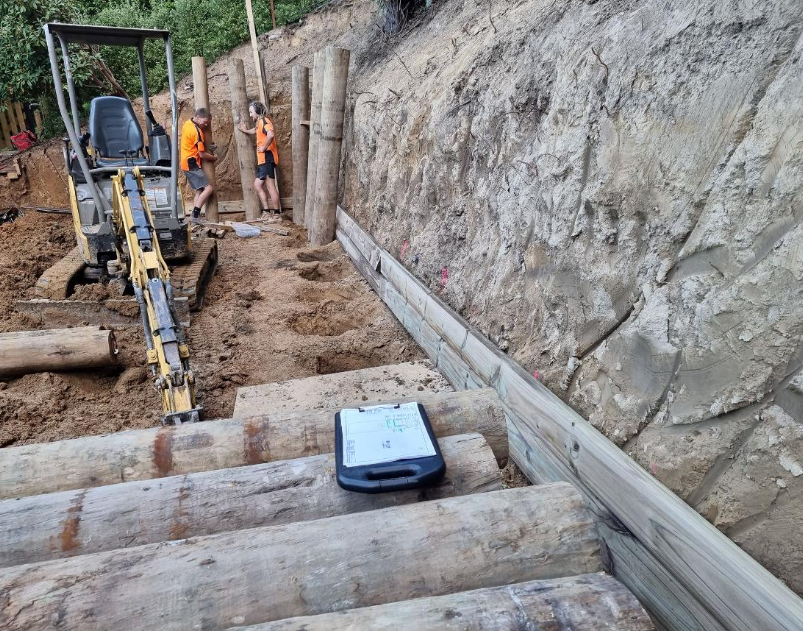The Impact of Civil Engineering in Christchurch on Infrastructure
Civil engineering plays a pivotal role in shaping the world around us, from the roads we drive on to the buildings we live and work in. The field of engineering in Christchurch encompasses a wide range of disciplines, but it specifically focuses on designing, constructing, and maintaining essential infrastructure that supports society’s daily activities.
The Foundation of Modern Society
At its core, it serves as the backbone of modern society. It is responsible for designing and building the fundamental structures that enable communities to function efficiently. From bridges and tunnels to water supply systems and airports, engineering projects are essential for connecting people and goods, facilitating economic growth, and enhancing overall quality of life.
Enhancing Connectivity and Mobility
One of the key contributions of engineering to infrastructure is improving connectivity and mobility. Through the construction of highways, railways, and public transportation systems, civil engineers ensure that people can travel safely and efficiently from one place to another. By optimizing transportation networks, it plays a crucial role in reducing traffic congestion, enhancing accessibility, and promoting sustainable urban development.
Sustainable Infrastructure Development
Civil engineers are increasingly incorporating environmentally friendly practices into their projects to minimize the impact on the planet. Sustainable infrastructure development involves using renewable materials, implementing energy-efficient designs, and prioritizing eco-friendly construction methods to create infrastructure that is both resilient and environmentally conscious.
Resilience and Disaster Management
Civil engineering in Christchurch also plays a vital role in ensuring the resilience of infrastructure in the face of natural disasters and unexpected events. By designing robust structures that can withstand earthquakes, hurricanes, and floods, engineers help protect communities from potential hazards. Additionally, it contributes to effective disaster management by planning evacuation routes, designing emergency shelters, and implementing risk mitigation strategies to minimize the impact of disasters.
Innovations in Infrastructure Technology
The field of engineering is constantly evolving, driven by technological advancements that revolutionize the way infrastructure is designed and constructed. From 3D modelling and Building Information Modeling to drone and land surveys and automated construction equipment, technology is reshaping the engineering landscape. These innovations not only improve the efficiency and accuracy of infrastructure projects but also pave the way for smarter, more sustainable cities.
Conclusion
In conclusion, engineering in Christchurch is a cornerstone of infrastructure development, with far-reaching impacts on society, the economy, and the environment. The work of civil engineers shapes the physical landscape of our cities, enhances connectivity, promotes sustainability, and ensures the resilience of critical infrastructure. The role of engineering will continue to be indispensable in creating a safer, more connected, and sustainable world for generations to come.





